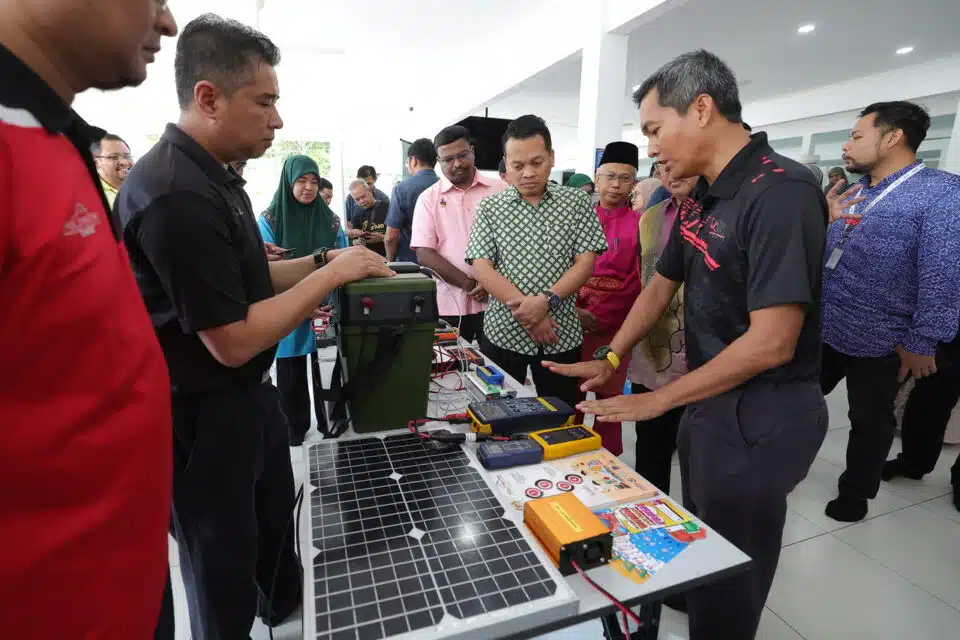SEREMBAN, Feb 23 — The Natural Resources and Environmental Sustainability Ministry (NRES) aims to establish 25 green houses of worship nationwide annually.
Its minister Nik Nazmi Nik Ahmad said they look to make places of worship nationwide into centres for environmental sustainability, and to serve as exemplary premises for energy efficiency, water conservation, and sustainability practices, thus fostering a culture of green living among the congregation and the local communities.
“So far, we have 12 green houses of worship across the country with 58 applications. The Green Houses of Worship (RIH) programme also emphasises several elements including saving electricity, water usage, energy-efficient lighting systems, and more,” he told the press at Masjid Jamek Dato’ Klana Petra Sendeng today.
Individuals and institutions, including mosques, would save utility costs and generate additional income through recycling programmes if they adopt a green lifestyle.
Meanwhile, Nazmi said the Malaysian Green Technology and Climate Change Corporation (MGTC) has also been collaborating with the Yayasan Waqaf Malaysia since 2021 to establish the Green Mosque Waqf (WMH) as an alternative fund to promote green technology initiatives by mosques and suraus.
A total of RM257,961.23 has been collected under WMH as of January 31, with RM190,000 of WMH funds allocated to four mosques this year.
To encourage participation from houses of worship and communities under RIH, NRES welcomes contributions from private entities and the public to WMH via the YWM’s RHB Islamic Bank account number 2124-576004-6138.
Earlier, the minister said the first solar panel system installed at Masjid Jamek Dato’ Klana Petra Sendeng was accomplished via a RM60,000 allocation under WMH and the mosque’s RM12,000 contribution.
“This solar panel system is expected to generate 26,600 kilowatt-hours of renewable energy and save the mosque RM14,000 annually in utility costs,” he said.
— Bernama





